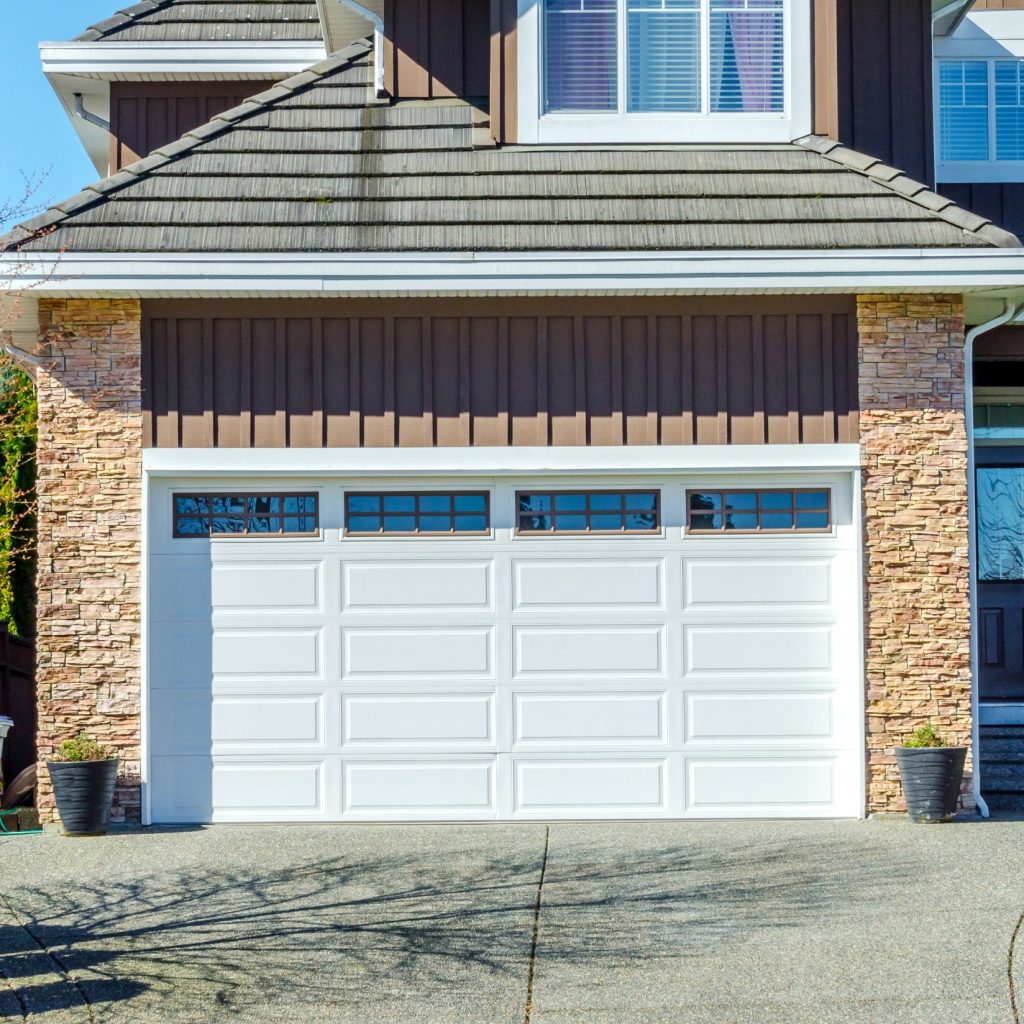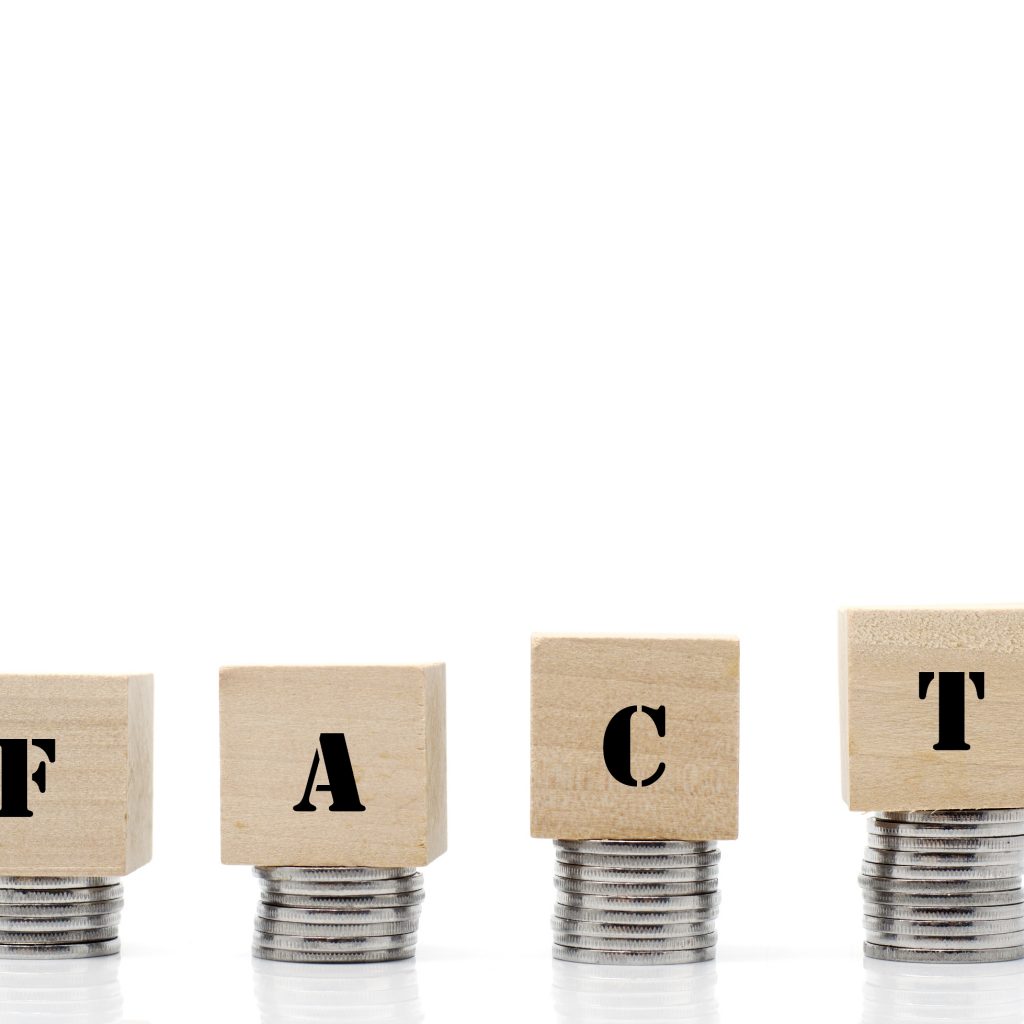
What Is a Mobile Home?
A mobile home is a prefabricated structure on a chassis. Mobile homes are sometimes used interchangeably with “trailer homes.” These homes are mass-produced in a factory and offer affordable housing to the American public with few building specifications.
As indicated in the name, mobile homes are mobile or can be transported to different locations. They are permanently attached to a chassis and can be moved by being towed or on a trailer.
Mobile homes function as temporary or permanent housing. They are similar to a car because you receive a title of ownership. Many states require your mobile home to be registered and may assign a license plate or numbered decal for identification.
When your mobile home is on the road, it is considered a vehicle. However, if you obtain land ownership and settle in a mobile home park, it becomes a home.
Mobile vs. Manufactured vs. Modular Homes
Mobile Homes
Mobiles homes became extremely popular in the 1940s and ‘50s, right after the Great Depression. These trailers were typically hitched to automobiles when traveling and slowly began functioning as a permanent home for many Americans.
Manufactured Homes
With the popularity of mobile homes, the U.S. Department of Housing and Urban Development or HUD established new regulations in 1976. These regulations were called the HUD Manufactured Home Construction and Safety Standards or, the HUD Code.
The HUD Code implemented federal standards for mobile homes to assure durability and safety, as well as other aspects such as body and frame requirements.
With the new HUD regulations, mobile homes were renamed as “manufactured homes.” As a result, the term “mobile home” indicates the house was built before 1976 with few regulated building specifications, whereas a “manufactured home” was built after 1976 and conform to the HUD Code.
Modular Homes
Modular homes are manufactured in a climate-controlled factory. They conform to the HUD Code, just like manufactured homes. However, a modular home also conforms to the building codes that are set forth in the specific location where they are being delivered to.
Pros of Mobile Homes
Affordability. The most significant advantage of a mobile home is the lower cost of ownership. It typically costs less than the traditional permanent homes that are built from the ground up.
Less Maintenance. Some mobile homes are self-contained and do not require installing plumbing or sewer lines, gas lines, etc. This translates to fewer maintenance costs and fewer property-related headaches.
More Eco-Friendly. Many mobile homeowners opt for a smaller home as compared to the average permanent single-family home. A smaller home generally comes with a smaller environmental footprint.
Cons of Mobile Homes
May Not Be a Good Investment. Owning a mobile home is not the same type of investment as owning a permanent home and the land that it is on. Ideally, the value of your home purchase should increase over time. Unfortunately, a mobile home will likely not offer the same financial return.
Zoning Challenges. You cannot park your mobile home anywhere you want. Unless you own land, you’ll likely need to find a mobile home community or a manufactured home park that you can rent or purchase a lot.
Threat of Severe Weather. While mobile homes are durable and will withstand the elements, strict steps must be taken for severe weather. According to Richard Jennison, President and CEO of the Manufactured Housing Institute (MHI), today’s manufactured homes are “engineered for wind safety based on the geographic region in which they are sold.”
However, mobile homes must be installed and anchored correctly, such as secured to the ground by steel anchors. This is one extra step and responsibility of the homeowner, whereas a permanent home with a built-in poured concrete basement does not have the same requirement.


